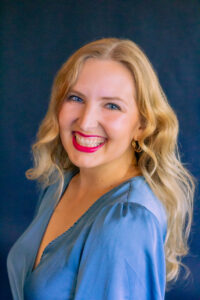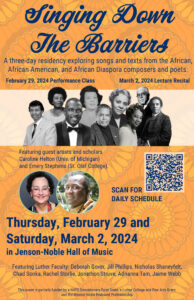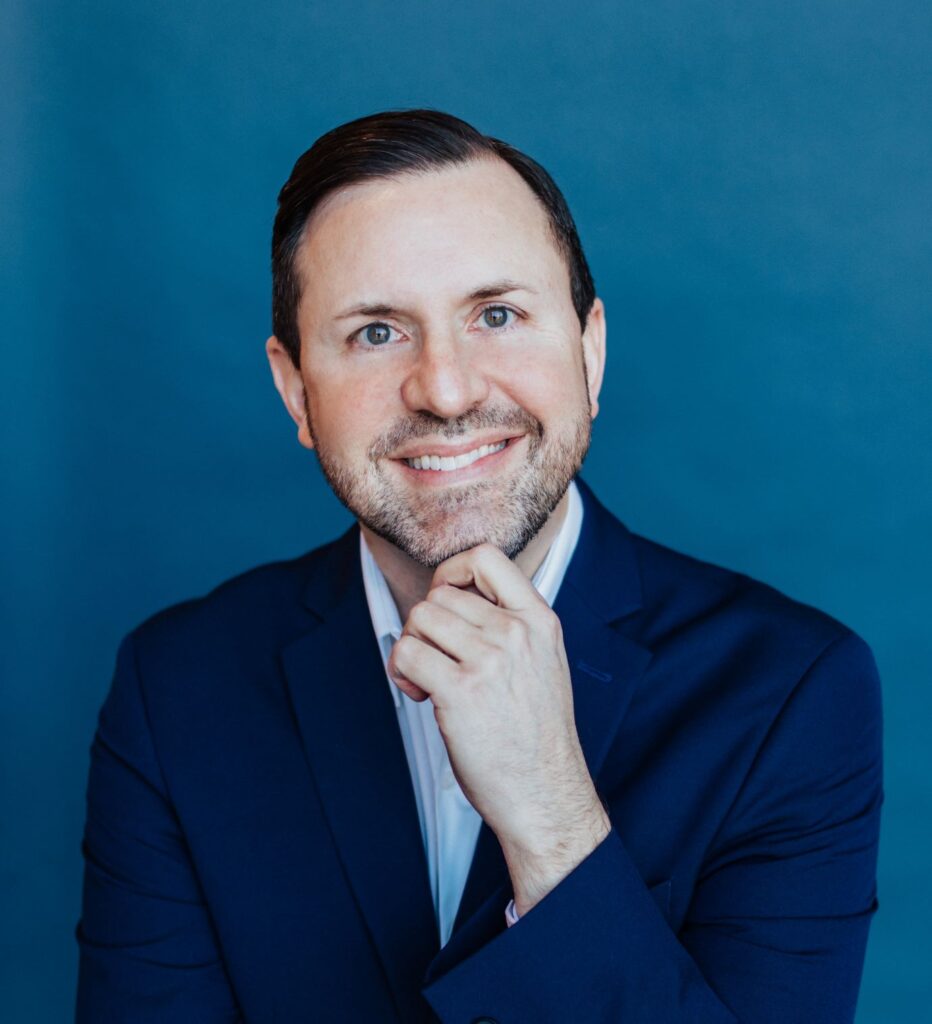Luther College Music Department DEIB
Luther College Music Department Diversity, Equity, Inclusion and Belonging Advisory Board
Luther DEIB Initiatives
“Rarely, do I ever feel ‘called’ to prepare a piece of music…this is one of them. Even after 25 years since Matthew Shepard was murdered, the journey for equity in the LGBTQIA+ community continues. As we offer up Considering Matthew Shepard to the Luther community, we celebrate an extraordinary life, champion a family’s advocacy, and introduce his name to the next generation.” – Andrew Last

Jaime Webb ’17
“queerPOPERA is a vibrant pop-up opera company dedicated to showcasing the diverse narratives of the LGBTQ+ community through the emotive power of opera. With a deep appreciation for the rich history of queerness in opera, we acknowledge the historical exclusion and discrimination faced by individuals of diverse identities within the industry. Our mission is to actively rectify these injustices by creating a space that embraces and celebrates the full spectrum of gender identities and sexual orientations. Through our performances, we reimagine traditional stories through a modern, inclusive lens. We are committed to challenging systemic barriers, fostering diversity in casting and production teams, and advocating for equity and inclusion within the opera community. Together, we strive to spread queer joy and empowerment through opera!” – Jaime Webb ’17
Visit the queerPOPERA website Learn more about Mrs. Webb

Singing Down The Barriers
“Singing Down the Barriers” was a three-day residency exploring songs and texts from the African, African American, and African Diaspora composers and poets. Two guest artists and scholars, Caroline Helton from the University of Michigan and Emery Stephens of St. Olaf College, facilitated the event. This event featured numerous Luther Faculty during the lecture recital. If you would like to watch the presentation, follow the link below.
Like most professional Collaborative Pianists, I devoted every working moment – happily – to learning and performing a wide range of repertoire – but repertoire that was exclusively chosen by my soloists and conductors. In considering my first sabbatical project (which ultimately extended to my second), I decided to reverse that relationship by doing my own investigation into vocal music written by female composers from all eras and of all nationalities. The best of these made their way onto the decade-long ‘Song Jam’ Art Song series, along with my own collaborative recitals. May this sampling of those programs lead the reader to more possibilities!
Luther Resources
Resources for Musicians
- Brown, Julie. (2007). Western Music and Race. Cambridge, England: Cambridge University Press.
- Kendi, Ibram X. (2019). How to Be An Antiracist. New York, NY: One World.
- Southern, Eileen. (1997). The Music of Black Americans. New York, NY: W. W. Norton.
- Tator, Carol and Henry, Frances. (1998). Challenging Racism in the Arts: Case Studies of Controversy and Conflict. Toronto, Canada: University of Toronto Press.
- African American Art Song Alliance
- African Diaspora Music Project
- Aural Compass Projects
- Composer Diversity Database
- Composers of Color Resource Project
- Decolonizing the Music Room
- Diversify the Stand
- Diversity in Music Theory: Teaching Tools
- Inclusive Early Music
- Latin American Art Song Alliance
- Music by Black Composers
- Non-Idiomatic Choral Music of Black Composers
- Programming Resources
- String Repertoire by BIMOC (Black Indigenous Musicians of Color)
- Teaching Tolerance
- Disability Alliance at Virginia Tech – Nothing about us without us.
- List of monthly observations and celebrations
- Raise Publishing Company – Raymond Wise Series (music for children, youth, and adult.)
- N’Time Music (one of the largest retailers of African American gospel sheet music.)
- GIA Publications (publishers of the African American Hymnal and African American Choral Music Series.)
- Videmus – African-American Art Songs
- The Adore Project – Diverse, accessible orchestral scores
Luther College is engaged in ongoing work to study, disrupt, and do our part to address the disease of racism and to seek justice, equity, and peace.
President Ward charged each department at Luther College during the academic year 2020-21 to initiate a review of program requirements, outcomes, and course content using the lens of diversity, equity, and inclusion.
On Thursday, October 1, 2020, the Music Department faculty voted unanimously to create a music antiracism task force to take on this charge. Consisting of faculty, staff, and students, the group studied the intersection of racism and music and made policy recommendations to the music faculty. Currently, the group exists as an advisory board that meets as needed.
The current advisory board has the following goals:
- Evaluate current recruitment pathways and barriers to recruitment, participation and retention of prospective BIPOC students in the music department, and make policy recommendations to the faculty based on information collected.
- Review the music program curriculum, using the lenses of diversity, equity, and inclusion, to ensure that non-Eurocentric musical styles, traditions, and practices are valued and taught. Make curriculum revision recommendations to the faculty based on information collected.
- Propose to the faculty new language for the departmental mission statement to reflect the department’s commitment to antiracism work.
Systemic change takes time. Members of the advisory board are committed to sustained, long term work toward creating a more equitable department.
